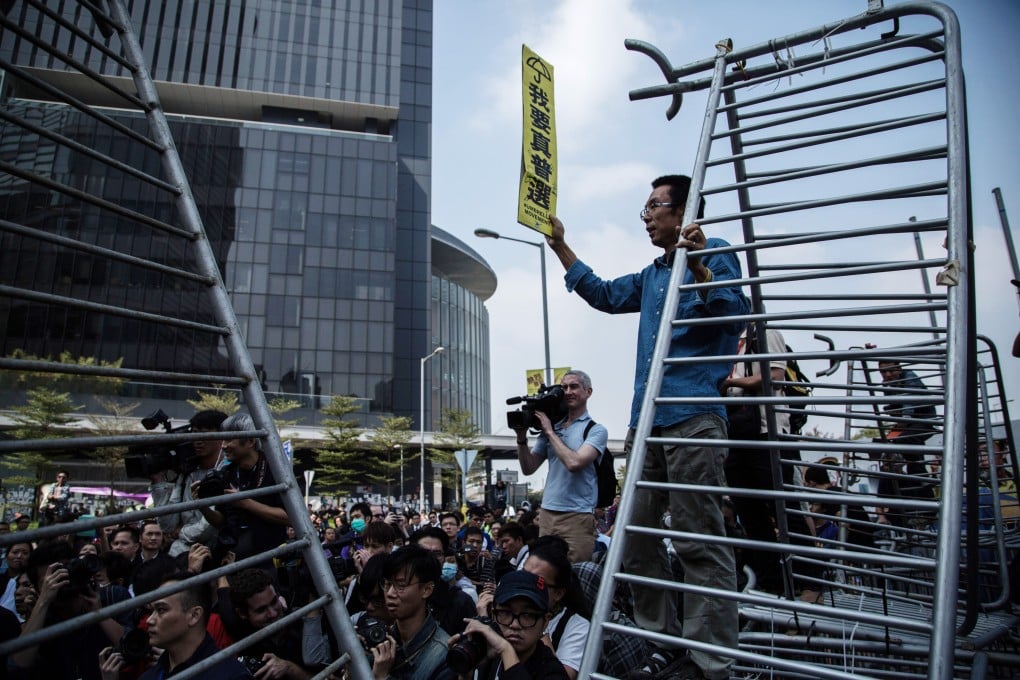Follow Deng's footsteps: let some have democracy first
Bill Xiang Yang calls on current leaders to adapt his approach to wealth

The Hong Kong pro-democracy protests are now entering their third month, against a background of the police clearing demonstration sites and arresting student protesters. That's not a good sign.
Hong Kong's many local businesses have already been struggling with a sluggish economy. Recently, the government set its forecast for annual growth at 2.2 per cent, against a global average of 3.3 per cent. If the rallies are protracted, or more violent clashes break out, the impact will extend to the wider economy, not just the catering, retail and transport trades, hitting investor confidence and even employment.
When students block roads, occupy streets and disrupt the livelihood of other residents, they probably don't take those very real matters into account. Beijing has been betting that Hong Kong's silent majority, who have to make money for daily life, won't be willing to accept the heavy price, eventually. Independent polls now show people overwhelmingly oppose continued occupation. It sounds as if Beijing may well be on the winning side.
The protests, however, pose a huge political challenge for the Chinese leadership, at a time when it is dealing with a daunting array of problems on the mainland: it is trying to ensure a tepid economy - by Chinese standards - does not fall below the government's 7 per cent floor for growth while fighting terrorism in Xinjiang and driving an anti-corruption campaign that has rattled powerful vested interests.
Any big misstep could provide ammunition for the party's diehard conservatives who are unhappy about the corruption crackdown and other reform policies. Although President Xi Jinping's corruption fight is immensely popular with ordinary Chinese, it's hard to say how successful it will be in the long run, due to a lack of checks and balances.
For now, the central government arguably has no appetite for turmoil in Hong Kong. Xi may well be keeping a close eye on the situation, and a variety of proposals are under discussion behind closed doors. Full of anxiety, the leadership also wishes to find a face-saving solution to end the unrest, in case it sets off a chain reaction.